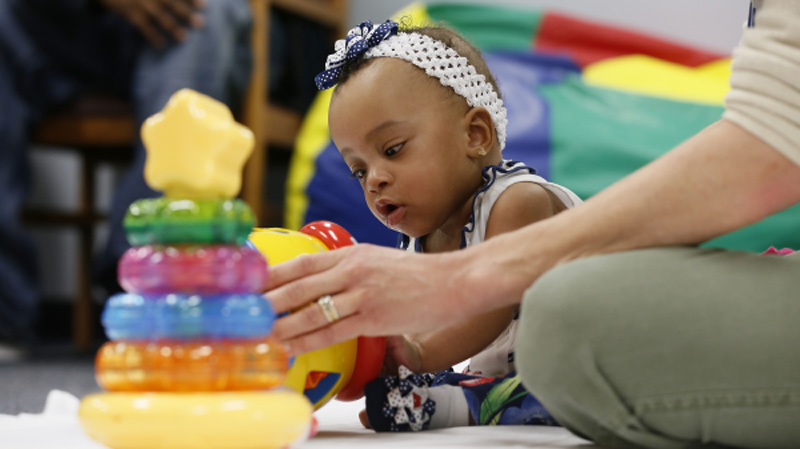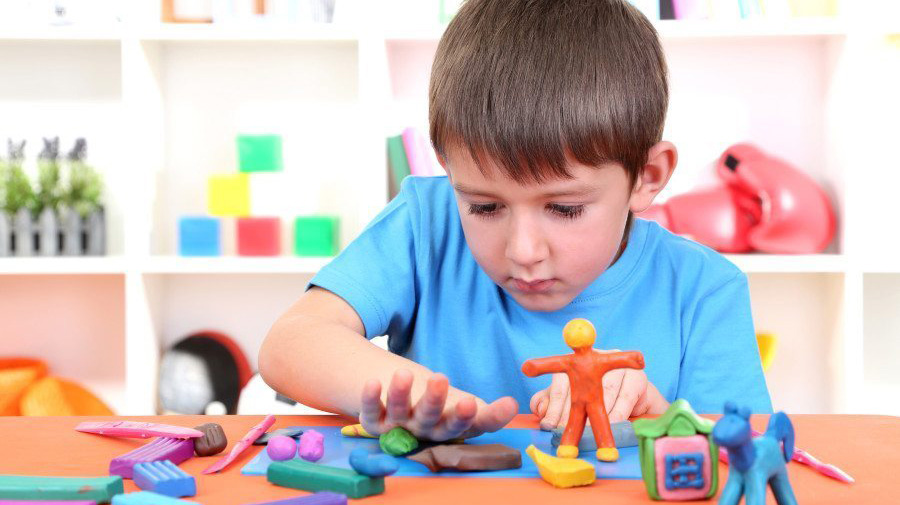What is Occupational Therapy?
Occupational therapy is a form of rehabilitative and habilitative therapy that focuses on improving a client’s ability to perform activities of daily living (ADL) using a holistic approach. Occupational Therapy helps people across the lifespan to do the things they want and need to do through the therapeutic use of daily activities (occupations). Hence promoting health and preventing disability.
For Children, Occupational Therapy (OT) provides services for those at high risk for developmental delays in fine motor skills, coordination, upper extremity dysfunction, oral motor skills, visual perceptual difficulties, or activities related to daily living skills. The ultimate goal is to help patient acquire or regain skills through specific exercises and task-related activities.
Occupational Therapy Evaluation
An Occupational Therapy evaluation is administered by our licensed Occupational Therapist. During the evaluation, the Occupational Therapist will assess the child's current functional status in the areas above. Together with the child and family, a treatment plan is developed with short-term and long-term goals to improve targeted skills and functional limitations. The frequency and duration of treatment is also determined during the evaluation.
Occupational Therapy can enhance functional performance within the following areas:
- Gross Motor Coordination
- Self/Emotional regulation
- Body Awareness
- Sensitivities to Stimuli (Visual, Auditory, Oral, Touch, Movement)
- Social interaction Skills
- Engagement and Attention
- Problem-Solving Skills
- Motor Planning and Sequencing
- Functional play skills
- Pretend Play and Symbolic Thinking Behavioral Challenges
- Neuromusculoskeletal function
- Genetic disorders
- Balance
- Self-care Skills (feeding, dressing, grooming, bathing, toileting)
- Fine Motor Coordination (grasp, manipulation)
- Perceptual Motor Skills (Puzzles, Scissor skills)
- Cognitive re-training


